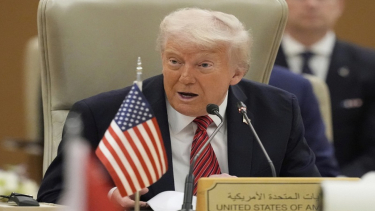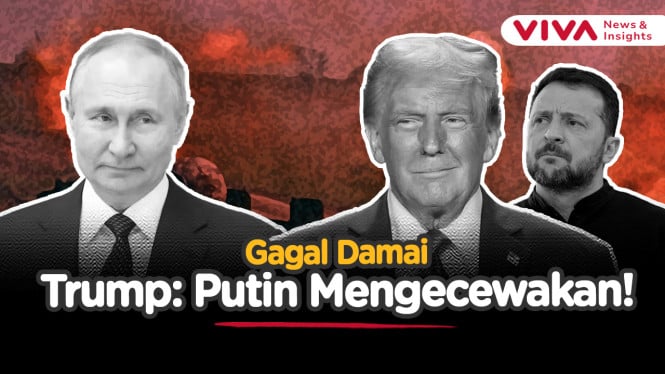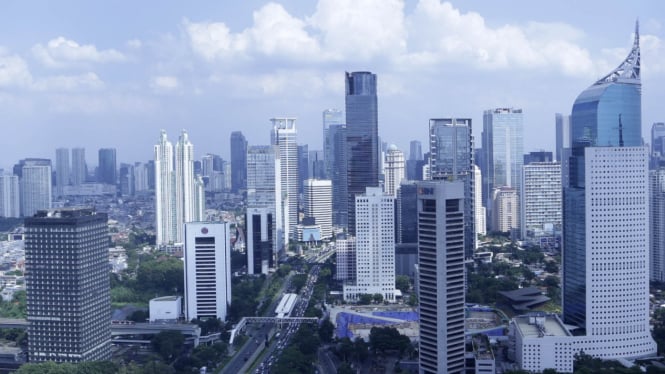Trump Hits Vietnam with 20% Tariff, Gives U.S. Products Duty-Free Access
- AP Photo/Alex Brandon
Washington D.C., VIVA – U.S. President Donald Trump announced that he had reached a tariff negotiation agreement with Vietnam. The announcement was posted on his Truth Social account on Wednesday (July 2).
Under the deal, goods originating from Vietnam will be subject to a 20% import tariff when entering the United States.
Meanwhile, products from other countries that are rerouted through Vietnam before being shipped to the U.S. will face a 40% tariff.
“Vietnam will pay a 20% tariff to the United States on all goods shipped to our territory, and a 40% tariff on any transshipments,” Trump wrote, as quoted by CNBC International.
Objek wisata Coconut Village di Vietnam
- Dok. Image Dynamic
This practice is known as transshipping, a method often used by China — one of the biggest exporters to the U.S. — to avoid higher tariffs by routing goods through Vietnam as a transshipment hub.
In the same post, Trump also stated that U.S. imports into Vietnam would not be subject to any duties. He claimed this is the first time the Vietnamese government has lifted import tariffs for American products.
“Vietnam will do something they’ve never done before — give the U.S. full access to their trade market. We will be able to sell goods to Vietnam at zero tariffs,” Trump explained.
The tariff deal was announced just days before the expiration of a 90-day reciprocal tariff suspension, which ends on July 9, 2025.
As a reminder, Trump had originally set tariffs on Vietnamese imports to the U.S. at 46%. During the suspension period, the tariff was temporarily reduced to 10%.
Raising the import duty to 20% will increase costs for importers, which are likely to be passed on to both consumers and suppliers.
According to a 2025 report, Vietnam’s exports to the U.S. contribute around 30% to the country’s GDP. This tariff agreement could potentially disrupt Vietnam’s foreign trade activities.
Critics of Trump’s tariff policy warn that import duties create economic uncertainty and lead to higher prices for American consumers.
However, the Trump administration denies that tariffs are fueling inflation and claims the controversial policy has brought in billions of dollars for the U.S. government.
























